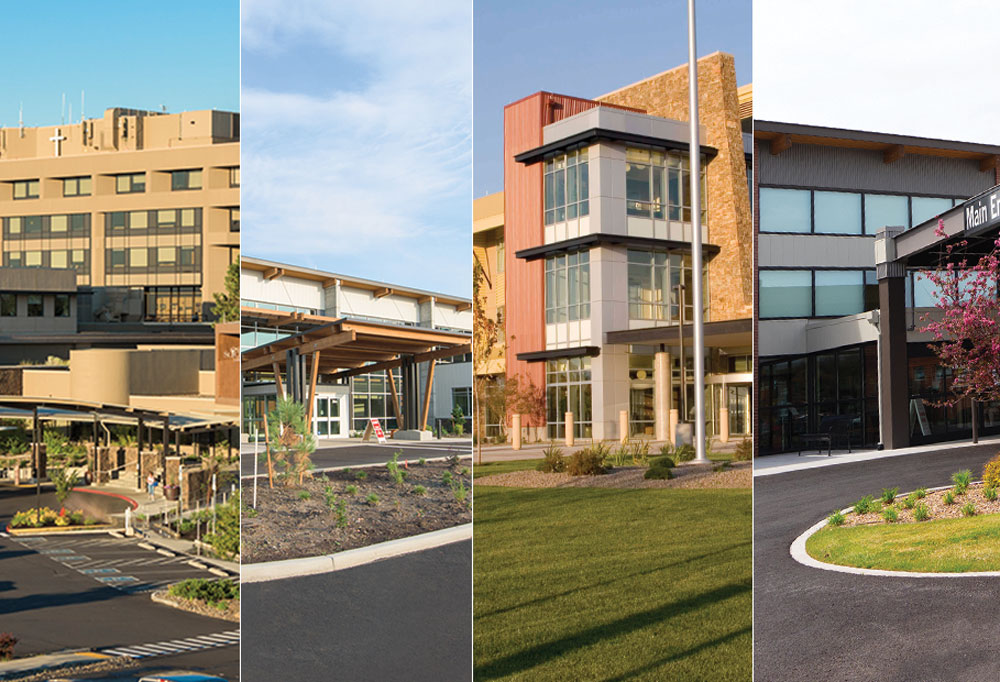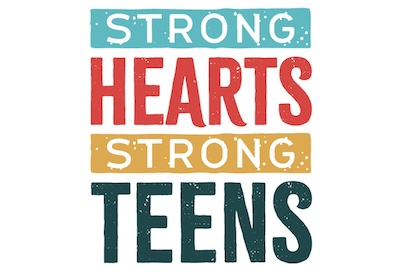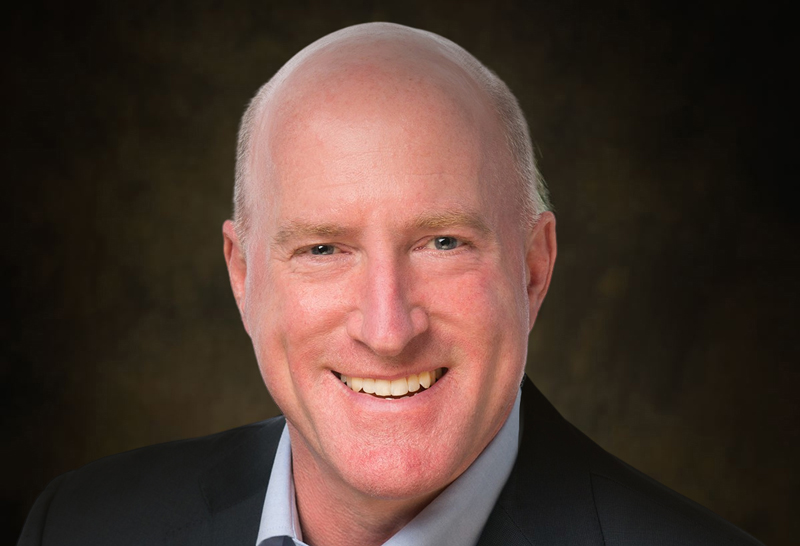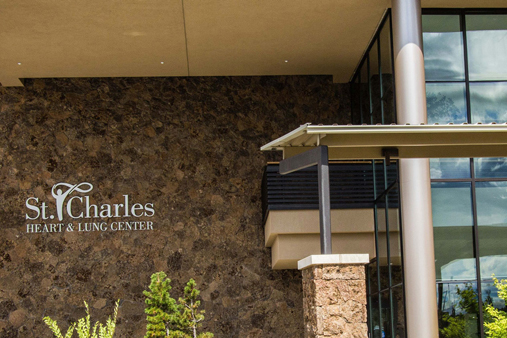At St. Charles Bend, August of 2021 is starting to look more and more like December 2020, when a major surge of COVID-19 patients strained the facility’s resources.
This time, though, the strain is more severe, and it is being felt at hospitals across the state, said Dr. Jeff Absalon, St. Charles’ chief physician officer.
Health system officials fear the situation is only going to get worse.
“Our hospitals are in crisis,” said Aaron Adams, president of St. Charles Bend and Redmond. “We want to take care of people, but right now, we need their help.”
In the past few weeks, St. Charles has been forced to cancel many peoples’ much-needed surgeries to make room for the seriously ill. Still, the hospital is over capacity: inpatient beds are full, and as of Thursday, 17 people were “boarding” in the Emergency Department, which means they have been admitted to the hospital, but they are stuck in the ED while they wait for an inpatient bed to open up.
This overflow is taxing the Bend Emergency Department, which has 28 exam rooms – 17 of which are taken by boarders. As a result, ED caregivers are seeing patients in makeshift areas such as hallways and waiting rooms.
“I said in May we were dealing with the most critical capacity issues in my 27 years at St. Charles,” said Debbie Robinson, the hospital’s chief nursing officer. “It has only gotten worse in the past three months.”
Part of the problem is a new surge of COVID-19 patients, driven by the arrival of the ultra-transmissible Delta variant to Central Oregon. This week, St. Charles’ medical director of infectious disease and prevention, Dr. Cynthia Maree, said she believes greater than 95% of COVID-19 infections in the region are due to Delta.
With mask mandates lifted and more people gathering in groups, the Delta variant is spreading rapidly among the estimated 65,000 people in Central Oregon who are either unvaccinated or who have not been exposed to the virus. And people who are exposed to the Delta variant are generally getting sicker than those who were exposed to the original strain of COVID-19. Accordingly, hospitalizations are on the rise: Earlier this week, there were 37 COVID-positive patients at St. Charles Bend, the highest number since mid-June.
The latest COVID surge is not the only factor in the current crisis, but the pandemic has undeniably disrupted health care in profound and lasting ways, some of which are also contributing to the strain:
- Especially during the early months of COVID-19, many people were unable to access routine and preventive health care services. The result is hospitals around the country are busier than ever treating a higher-than-normal number of patients who are seriously ill.
- It’s not just illness, it’s injuries, too. Central Oregon is growing fast, and as it does, more people are getting hurt here. In the past, the health system has typically averaged about 1,200 trauma visits per year. In 2021, it’s on pace to hit 1,600.
- At the same time hospitals are seeing more and sicker patients, they are also struggling to shore up their workforce. It has become difficult to replace health care workers at the same rate they are leaving the industry due to early retirements and burn out. And locally, the increasing cost of housing is proving to be a major barrier for potential hires.
- Health care is an ecosystem in which physician offices, hospitals, skilled nursing facilities and other kinds of health care providers interact and depend on one another. Hospitals are struggling to discharge patients who need skilled nursing care because those facilities, too, do not have enough beds and caregivers to meet the high demand for care. On Thursday, St. Charles had 37 patients in the hospital waiting for placement in an appropriate facility.
“This is bigger than COVID,” Absalon said. “There is a cascading effect that is causing incredible strain on the health system.”
That cascading effect is trickling down to the community.
“We need to stress: This impacts you,” Absalon said. (Yes, he means you.) “You need to take care of your health. Eat well. Make sure to exercise your body. Take your medication as prescribed. See your primary care provider and stay on track with your checkups and preventive screenings.”
And with regard to COVID-19, the message has not changed much as compared to earlier in the pandemic, he said.
“This is not going away anytime soon. I know people are tired of masks, but with the Delta variant’s transmissibility, everyone really should be wearing masks in indoor public spaces and crowded outdoor public spaces. And, of course, if you’re not vaccinated, please get vaccinated as soon as possible,” Absalon said. “We’ll work as hard as we can to continue to care for everyone who comes through our doors, and at the same time, we hope everyone out there will work as hard as they can to stay healthy.”





